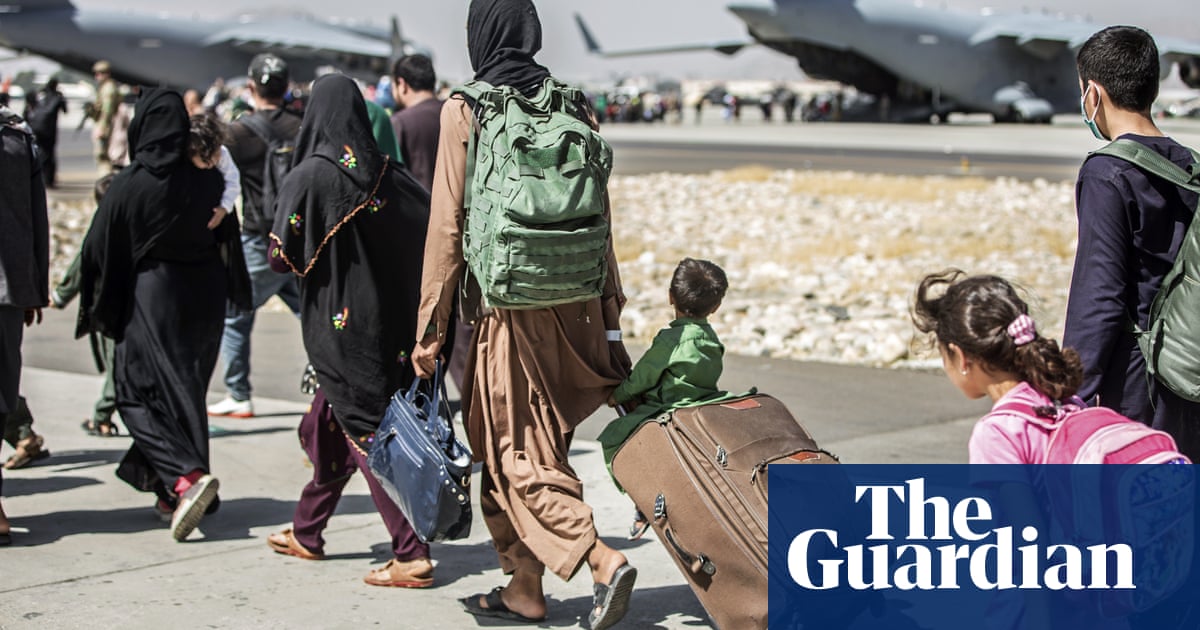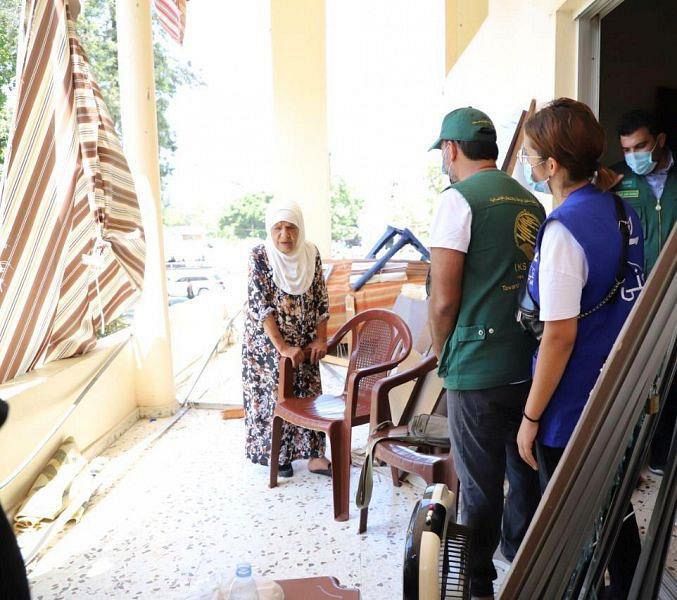
After losing their young daughters in a bomb attack at an educational center, two families have defied the tradition of lavish feasts for funeral guests and donated the funds to education and a library
One father put aside more than $7,500 for a group of destitute students to study while another said that he would allocate money for establishing a library named after his daughter
KABUL: The grief had barely subsided when many households, to comply with local tradition, began to prepare elaborate feasts for those who had attended the burial of their loved ones killed in a bomb attack in Kabul.
The carnage — the third of its kind on an educational center and part of a spate of terror attacks across the country in recent months — prompted some families to stop sending their children to study, possibly for good.
Nearly 50 young boys and girls died in a terrorist attack in Dashte Barchi when a suicide bomber detonated explosives in a class packed with students whose future dreams and those of their families were buried with them in a mass grave.
The attack was claimed by Daesh, leading owners of other educational institutions to consider shutting down out of fear of being the terrorists’ next target, according to residents of Dashte Barchi, which has taken the brunt of such strikes.
But two families who lost their young daughters became a source of inspiration for the community and for many more in Afghanistan.
Ismail Lali, father of Madina, and Assadullah Rafi, father of Rahila Monji, rejected the tradition of extravagantly feeding “guests” or those who attended the funeral, forming a vanguard to break the social taboo of lavish meals.
Instead they announced that they would allocate the cash set aside to feed guests to help underprivileged students and build a library.
It is considered a dishonor in many Afghan households to fail to serve meals comprising at least two types of dishes to immediate family members and neighbors when a member of the family dies.
Sometimes the number of “guests” reaches several hundred and the family of the deceased, overcome with grief and preparing for the burial, also have to focus on arranging an impressive feast.
This tradition has been going on for generations in Afghanistan.
Lali put aside more than $7,500 for a group of destitute students to study while Rafi declared that he was allocating his money to establish a library named after his daughter.
“We will rise like this from the midst of blood and ash … no one can stop us from education and acquiring knowledge … if you kill one of us, we will at least admit five more in the school … no one can erase us,” Lali said in a statement.
Nearly 1,000 books have been contributed to the library, which is being set up on the fourth floor of a mosque in Barchi, Hamidullah Rafi, Monji’s brother, told Arab News.
Apart from raising money, more than 100 scholarships were pledged by various universities for poor students who cannot study in private universities, Lali told Arab News.
“We had a message ... to urge the people not to waste money by following unnecessary traditions. Keep Rahila’s soul happy by establishing this library, helping a poor family to learn, to help the next generation to acquire education,” Rafi said.
“Another message from us to those hostile to education and knowledge was that if you kill Rahila, hundreds of other people will turn to education, you cannot stop us from learning, people will get more inspired.”
When news of the fathers’ decision spread, the head of one educational institution planning to shut down, fearing a similar attack, told the family that he had changed his decision after being inspired by them.
Some of Monji’s classmates who survived the carnage also changed their mind and returned to class, defeating fear, Rafi said.
“They had become extremely frightened and the idea of opening the library and the offer of scores of scholarship basically motivated them to resume their classes,” Hamidullah said.
Many lament the rise of attacks in Barchi.
“Once upon a time Barchi was known for immense poverty but now it is famous for education and earning pride for Afghanistan,” Rahmatullah Nabil, Afghanistan’s former intelligence chief, wrote recently.
“The enemies are trying to break the momentum of Barchi and push it back to the black area. Barchi won’t give up. The increased bloodshed will add to the strength and dedication of Barchi,” he said.












